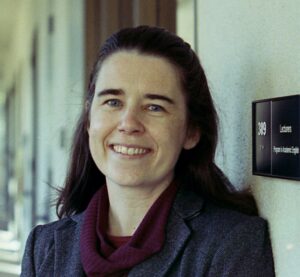
Elibio Rech
Elibio Rech, a molecular engineer, geneticist, Researcher at EMBRAPA, and Director of the National Institute of Science and Technology in Synthetic Biology, developed gene transfer technologies to produce commercial genetically modified plant products. Aim to contribute to the design, construction, and engineering of synthetic genomes, cell-free protein expression, and building cell and synthetic genetic circuits, combining top-down and bottom-up approaches within the synergies and intersections of the recombinant DNA technology for synthetic domestication of specific traits from biodiversity.
